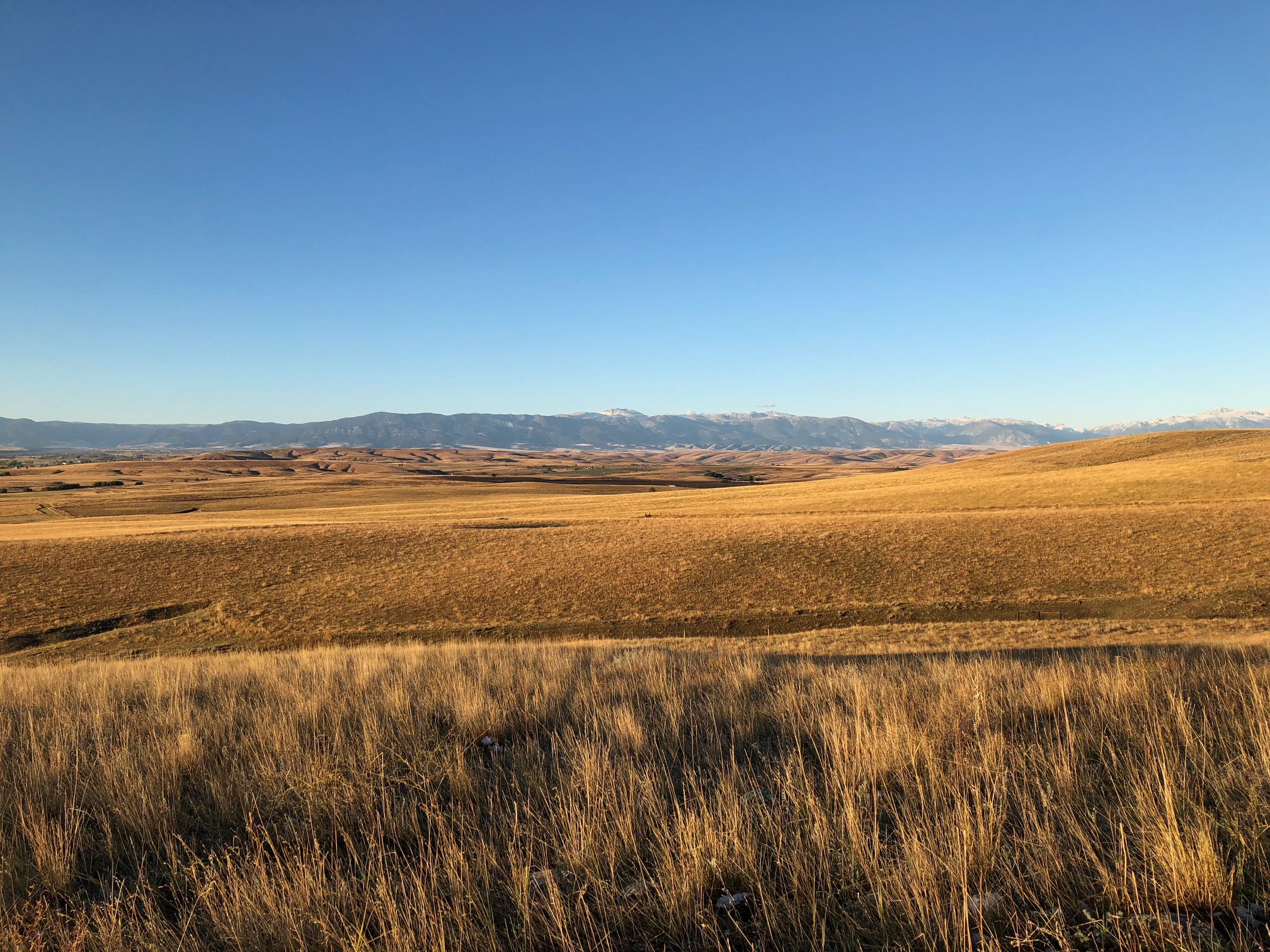Hunting is Therapy
There are many varying opinions about the sport of hunting. Some are positive views while others are not. Regardless of personal opinion, the sport of hunting undeniably is a health benefit for those who participate. Hunting can help improve cardiovascular and social-emotional health along with generating better dietary and nutrition in daily eating habits.
Hunting activities are naturally physically challenging to sportsmen. When taking into consideration all the time spent engaging in physical labor from building food plots and placing stands in the summer months, to placing and monitoring trail cams before the season, to simply walking to and from your stand during season, and the time spent tracking game and conducting the “real work” of dressing your game upon harvest, hunters often report feeling fit. It is very common for an outdoor sportsmen to spend a lot of energy on outdoor excursions. The health benefits are often represented by managing a healthy weight, reduced hypertension of the heart, ability to gain quality rest, and increased lung functioning with improved pulmonary activity of oxygen flow within the circulatory system, which in turn leads to an increased energy level.
Aside from the physical health benefits, there are also mental benefits from spending time participating in outdoor sports. Many hunters feel that spending time outdoors away from the hustle and bustle of daily life, only surrounded by the sounds of nature, lead to a more relaxed and stress free feeling. Time spent outdoors allows for valuable time to reflect on daily activities and plan mentally for the challenges of daily life to come. It also allows them a chance to recharge their batteries. Hunters who spend time outdoors with their families and friends report a greater sense of bonding and healthier relationships. The quality time that is provided during outdoor activities leads to a refreshing sense of life and participation in something greater than the norm presented in daily living. For the adrenaline junkie, when the opportunity to harvest an animal presents itself, the excitement of the hunt can help lead to better focus and enhanced problem solving skills. It is often compared to playing chess with mother nature.
Eating wild game has a greater nutritional value than eating processed food, which often contains more fatty substances due to their diet of various grains and corns. There is no scientific research that proves wild game is better than processed meat, however; there are countless studies proving that less fat in your diet leads to a healthier lifestyle. Wild animals feed naturally and are often more active than the farm raised pasture animals, causing them to have lower fat content. Lower fat content significantly reduces your chances to develop cardiovascular diseases and strokes. Wild game also is less expensive than buying farm raised meat and has a lower risk of food-borne pathogens.
Hunting can be an activity that has a tremendous impact on your life. The many health benefits, both physically and emotionally, along with nutritional influences can lead to a rewarding, healthier lifestyle. The benefits are undeniable and there are no substitutes for spending quality time outdoors by yourself or with friends/family.
-Todd Sellon, Fall Obsession Field Staff, MA in Kinesiology from Michigan State University

